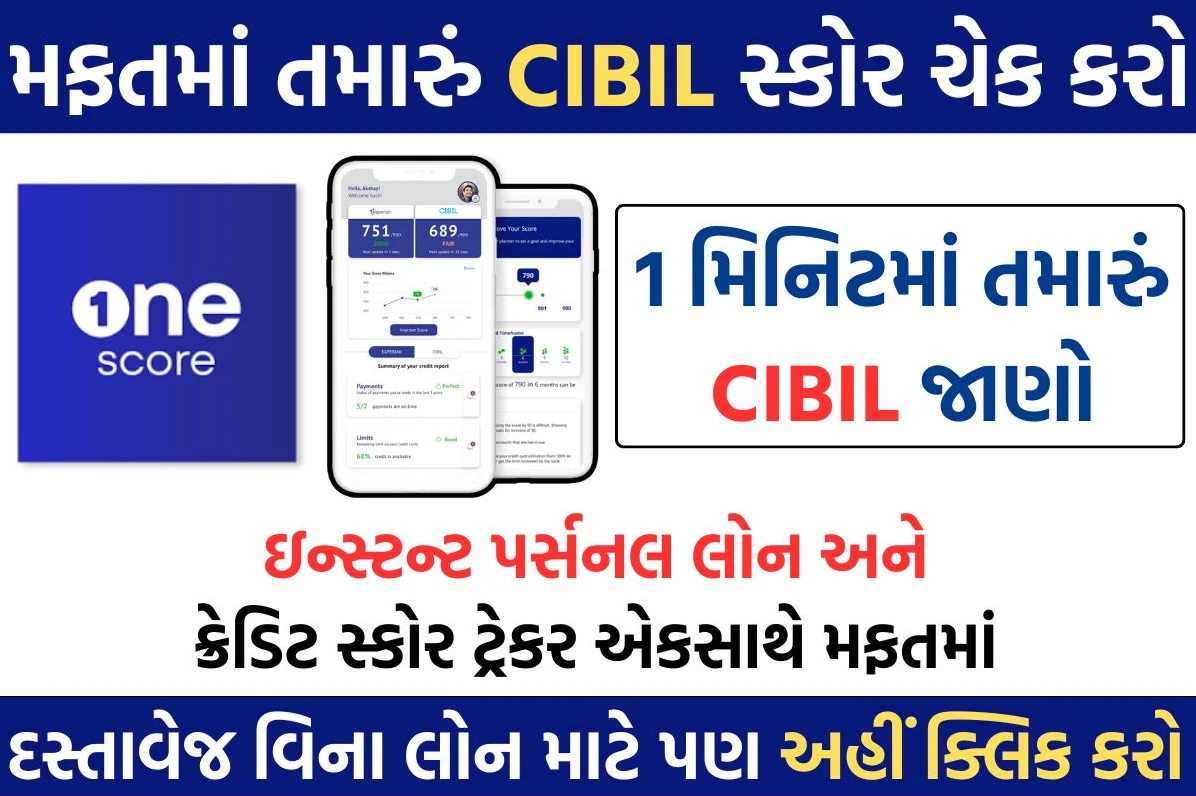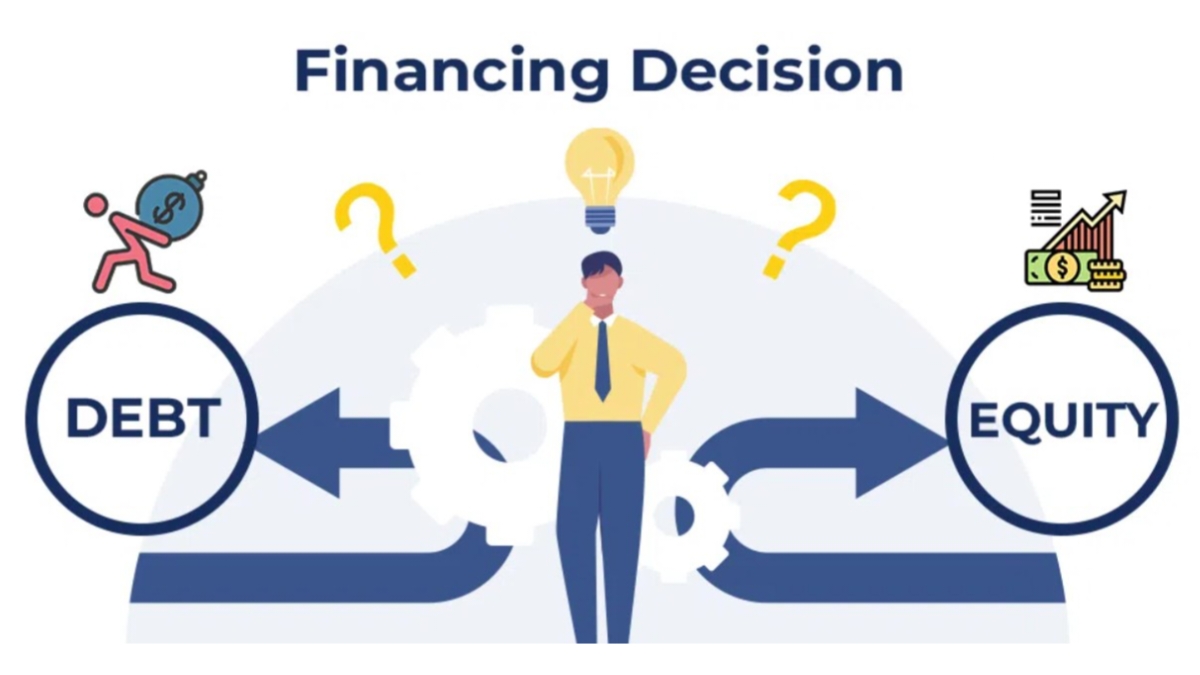A mortgage is a financial arrangement that allows you to buy a home without paying the full purchase price upfront. It’s like a loan specifically designed for buying real estate. When you get a mortgage, you borrow money from a lender (usually a bank or a mortgage company) to purchase a home, and you agree to repay the borrowed amount over a set period, typically 15 to 30 years. The home itself serves as collateral for the loan, which means if you fail to make your mortgage payments, the lender can take ownership of your home through a process called foreclosure.
Types of Mortgages
There are various types of mortgages, but two primary categories are fixed-rate mortgages and adjustable-rate mortgages (ARMs):
Adjustable-Rate Mortgages (ARMs):-
ARMs have interest rates that can change periodically. Typically, they start with a lower introductory rate that can increase after a specified period, often one, three, five, or seven years. ARMs can be riskier because your monthly payments may fluctuate with interest rate changes.
The Home Buying Process
Finding the Right Home:-
Before you secure a mortgage, you need to find the right home. Start by determining your housing needs and preferences. Working with a real estate agent can help you navigate the housing market and find properties that match your criteria.
Making an Offer
The offer includes the purchase price, contingencies (conditions that must be met for the sale to proceed), and a proposed timeline. Negotiations between you and the seller may occur until you reach an agreement.
The Role of Real Estate Agents
Real estate agents play a crucial role in the home buying process. They can help you find properties, negotiate offers, and navigate complex paperwork. Agents are typically compensated through commissions, which are usually paid by the seller, not the buyer.
Mortgage Prequalification and Preapproval
Understanding Your Budget
A common guideline is that your housing expenses (including the mortgage payment, property taxes, and insurance) should not exceed 28% of your gross monthly income.
The Importance of Credit Scores
Your credit score plays a significant role in the mortgage approval process. Higher credit scores generally result in better mortgage terms, such as lower interest rates. It’s essential to check your credit report for errors and take steps to improve your credit if necessary.
Mortgage Application Process
Gathering Necessary Documents
When you’re ready to apply for a mortgage, you’ll need to provide various documents to the lender. These documents typically include proof of income, bank statements, tax returns, and information about your assets and debts. Having these documents ready can expedite the application process.
Mortgage Application Fees
Applying for a mortgage may come with various fees, including an application fee, appraisal fee, and credit report fee. Be sure to understand all the fees associated with your mortgage application, as they can add to the overall cost of obtaining a mortgage.
Mortgage Interest Rates
Fixed vs. Adjustable Rates
- Fixed Rates: With a fixed-rate mortgage, your interest rate remains the same for the entire loan term. This offers stability, and your monthly payments won’t change.
- Adjustable Rates: Adjustable-rate mortgages (ARMs) have interest rates that can change at specific intervals, usually after an initial fixed-rate period. ARMs often start with lower rates but can become more unpredictable.
Down Payments
How Much Should You Put Down?
A down payment is the initial sum you pay toward the home’s purchase price. The amount varies but is typically expressed as a percentage of the home’s price. Common down payment percentages range from 3% to 20% or more.
Closing Costs
What Are Closing Costs?
It is a fees and expenses associated with finalizing a real estate transaction. They typically include:
- Loan origination fees
- Appraisal fees
- Title insurance
- Attorney fees
- Property taxes
Private Mortgage Insurance (PMI)
When Is PMI Required?
Private Mortgage Insurance (PMI) is typically required when your down payment is less than 20% of the home’s purchase price.
Loan Types
There are various types of mortgage loans available, each catering to different needs and circumstances:
- Conventional Loans: These are not government-insured or -guaranteed and often require a higher credit score and a larger down payment.
- FHA Loans: Insured by the Federal Housing Administration, these loans require lower down payments and more flexible credit requirements.
Amortization
What Is Amortization?
Amortization is the process of gradation ally paying off your mortgage over time.With each monthly payment, a portion goes toward the principal balance (the amount you borrowed) and another portion covers the interest charged by the lender. Over time, your payments shift from paying mostly interest to paying down the principal.
Escrow Accounts
What Is an Escrow Account?
An escrow account is an account managed by your lender to hold funds for property-related expenses, such as property taxes and homeowners’ insurance. Each month, a portion of your mortgage payment goes into the escrow account, and when these expenses are due, your lender pays them on your behalf.
Mortgage Refinancing
Reasons to Refinance
- Lowering monthly payments
- Reducing interest rates
- Shortening the loan term
- Tapping into home equity












